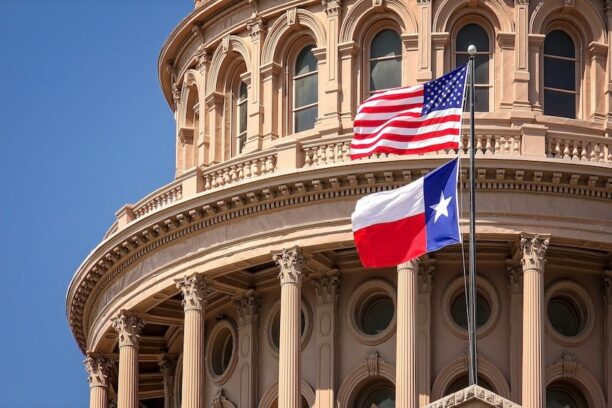After years of inaction at the federal level, climate policy proponents increasingly turned towards state governments to enact change. Through state tort lawsuits and state-level legislation, activists and policymakers pushed for accountability from fossil fuel companies. Now, the federal government is attempting to step in and quash these efforts. The EPA is challenging Vermont’s “Climate Superfund” law, and in ongoing Colorado litigation, the DOJ has filed an amicus brief in the Supreme Court in support of fossil fuel companies. Both argue similar themes: that federal energy policy preempts state law. The motion in the Vermont litigation states:
“By regulating global greenhouse gas emissions based on conduct outside Vermont—and outside the United States—the Superfund Act flouts federal law and our constitutional structure. First, the Clean Air Act preempts it because it regulates domestic greenhouse gas emissions that originate out of state.”
And the amicus brief in the Colorado legislation states:
“Allowing Colorado to deem the effects of the companies’ worldwide conduct tortious ‘cannot be reconciled with the decisionmaking scheme Congress enacted’ in the Clean Air Act, which precludes any such role for a single State.”
Previously, the Supreme Court has been reluctant to weigh in on state climate tort claims. SCOTUS has repeatedly dodged the question, giving no concrete authority on the matter. However, with the administration putting its thumb on the scales, we will likely get a dispositive ruling on whether the Clean Air Act preempts state law. This could set climate litigation back significantly if the courts find in favor of fossil fuel companies.
Our members can learn more about climate litigation here.
If you’re not already a member, sign up now and take advantage of our no-risk “100-Day Promise” – during the first 100 days as an activated member, you may cancel for any reason and receive a full refund. But it will probably pay for itself before then.
Members also save hours of research and reading time each week by using our filtered and curated library of ESG/sustainability resources covering over 100 sustainability subject areas – updated daily with practical and credible information compiled without the use of AI.
Are you a client of one of our Partners – SourceIntelligence, TRC, Kumi, Ecolumix, Elm Consulting Group International or Impakt IQ? Contact them for exclusive pricing packages for PracticalESG.
Practical Guidance for Companies, Curated for Clarity.










